The Irish Farmers’ Association (IFA) recorded an operating loss of €895,213 in the financial year ended 31 March 2024, its national council heard on Tuesday.
The farm organisation had income of €16.14m for the year and expenditure of €17.04m. There was an increase in the value of its investments during the year, which was €450,273, after deferred tax.
The overall loss for the year end was €429,601.
The market value of its financial investments was €16,514572 in the most recent accounts, up over €770,000 from the previous year’s €15,738,490.
Its fair gain value on investments, which stood at €1,574,345 in the year ended 31 March 2023, fell almost €1m to €630,005 in the most recent set of accounts.
Its cash in hand and in the bank fell from €3,919,387 to €2,948,269 over the same period.
The organisation's net assets remained steady, amounting to €17,260,905 on its most recent balance sheet, compared with €17,690,506 on the previous statement.
Combined results
The accounts presented on Tuesday are the combined results for the IFA and IFA Telecom Ltd. The largest source of income for the IFA last year was membership contributions, which stood at €6,349,129 - a small drop of €2,400 on 2023.
The IFA increased its membership fee by €25 and its family membership fee by €10, effective from 1 March 2024.
As a result, just one month of the increased membership fees was included in the accounts, while the remainder will not be reflected until the 2025 accounts are published.
The next biggest earner was the IFA's broadband and phone services, which made €5.25m last year, down from the €5.54m made in 2023.
Lower commodity prices paid to farmers dented levy income from the European Involvement Fund (EIF) to the IFA. It fell €895,403 to €3.08m.
The IFA's remaining income was derived from trust fund contributions of €330,000, down from €663,757 in 2023, net income from fixed asset investments of €854,931, up from €435,540 in 2023, and other income of €267,015.
Expenditure
The biggest spend by the IFA last year was on staffing costs which totalled €6.12m, up from the €5.77m spent in 2023. It was followed by IFA Telecom expenses, including staff costs, which amounted to €5.22m.
Voluntary costs fell from €1.036m in 2023 to €993,556 last year, while the IFA spent €580,376 on its Brussels office.
It spent €529,209 on public relations and €427,296 on communications last year.
Expenditure on membership recruitment was back slightly on 2023 to €493,721, while membership promotion stood at €516,761.
‘Other expenditure’, which is likely to include a big spend on the presidential election in 2023 and 2024, increased by €623,306 to just over €906,000 last year.
Pay
The IFA elected a new presidential team in January 2024. IFA president Francie Gorman received €32,487 in the year to 1 March 2024, while deputy president Alice Doyle received €9,282.
The salary of the president is capped at €140,000 and that of the deputy president is capped at €40,000. These amounts are reduced by any directors’ fees payable by outside bodies that came as a consequence of the IFA office.
Total remuneration to director general Damian McDonald was on par with 2023 at €248,398. This comprised a salary of €215,998 and employer pension contribution of €32,400.
Salaries paid to “executive management” at the organisation came to €601,437 last year, while pension contributions to them totalled €106,243.
The average remuneration for the top 15 staff, after the executive management, was €114,681. This works out at an average salary of €102,010 and average employer contributions of €12,671.
Members of the IFA’s national council received a total of €188,040 in labour replacement fees for their work during the year.
'Challenging' year
The IFA said that 2024 saw the cost of doing business continue to rise.
"Combined with lower commodity prices which impacted our levy income, this meant it was a challenging financial year for the association.
"An increase in membership subscriptions was agreed in December 2023 and implemented from 1 March 2024. This increase should ensure that the organisation will have an operating surplus to the year end March 2025," it said.
The IFA said it does not rely on Government funding for its activities. "To represent farmers effectively, we have to be well-resourced by our own means. We also need strong reserves.
"The IFA is an organisation for farmers, run by farmers. We need to ensure it remains strong and that we can operate without fear or favour."
This story was updated on 17 December 2024 to reflect the operating loss of €895,213 in the financial year ending 31 March 2024, and the overall loss for the year end of €429,601.




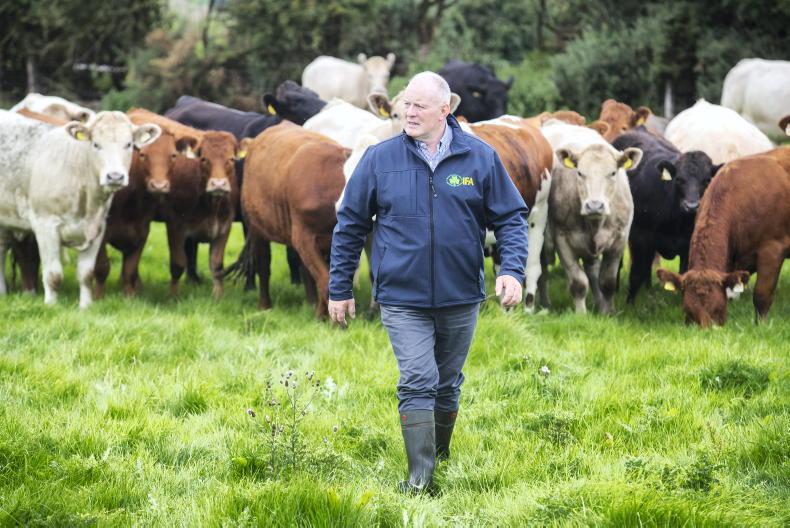
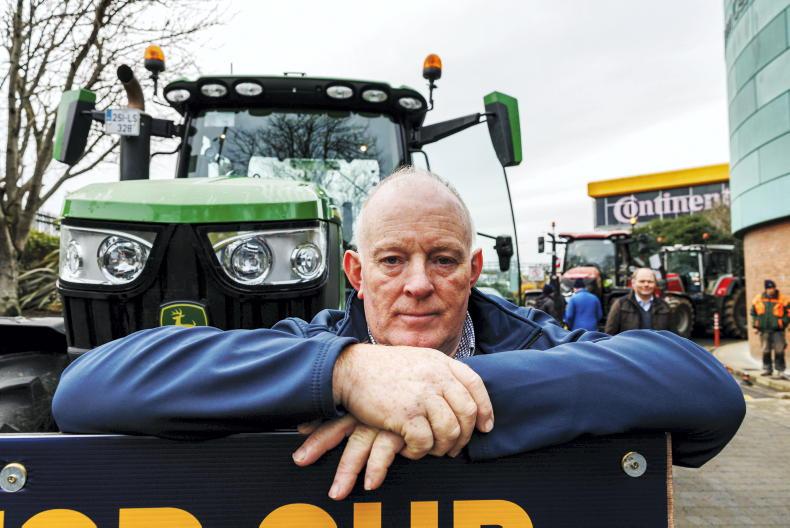
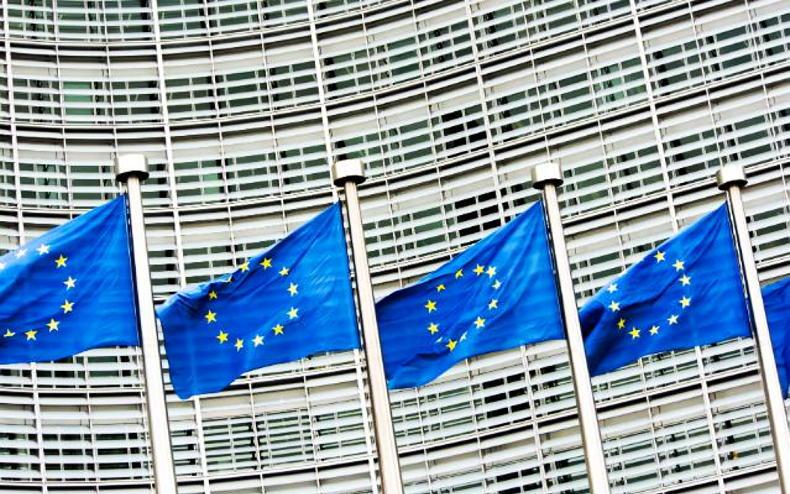
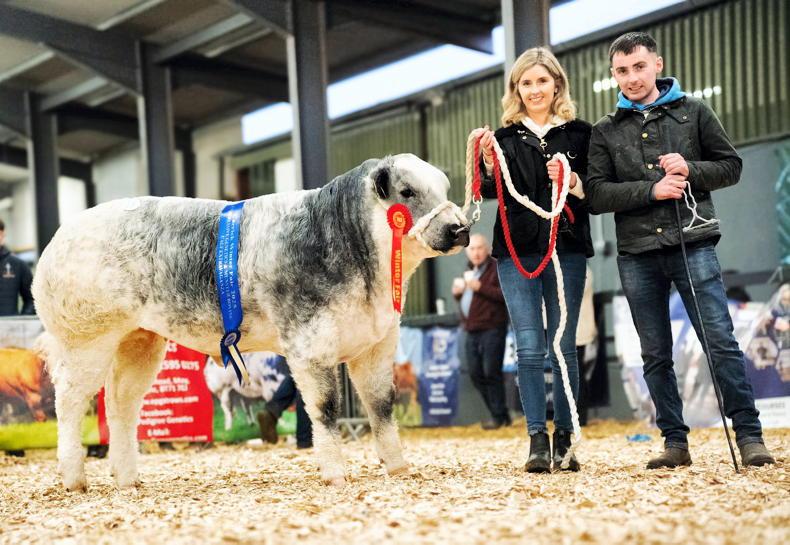
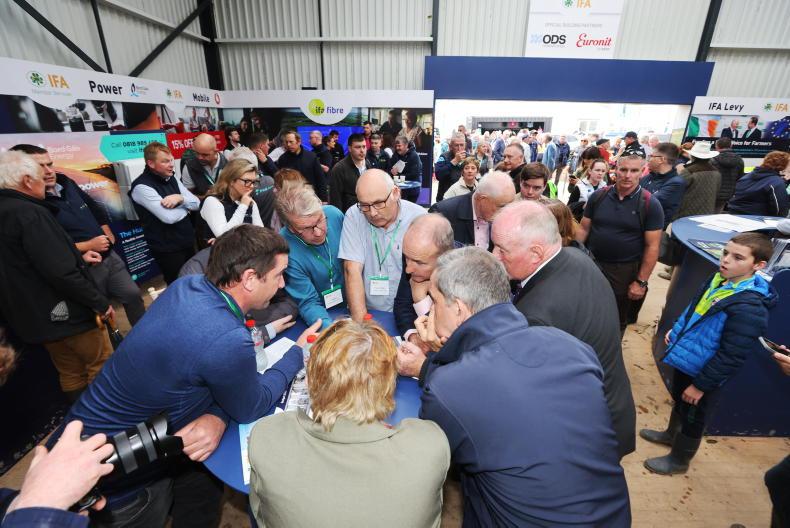
SHARING OPTIONS